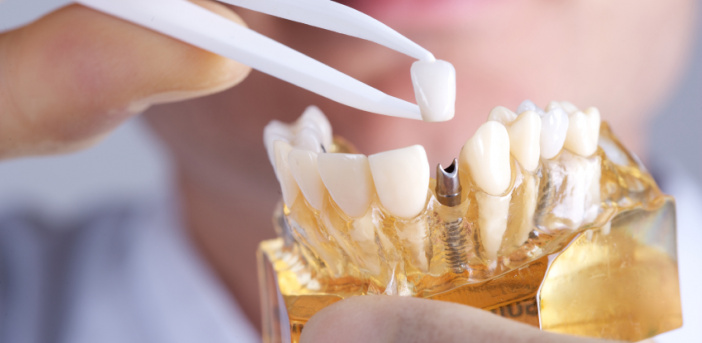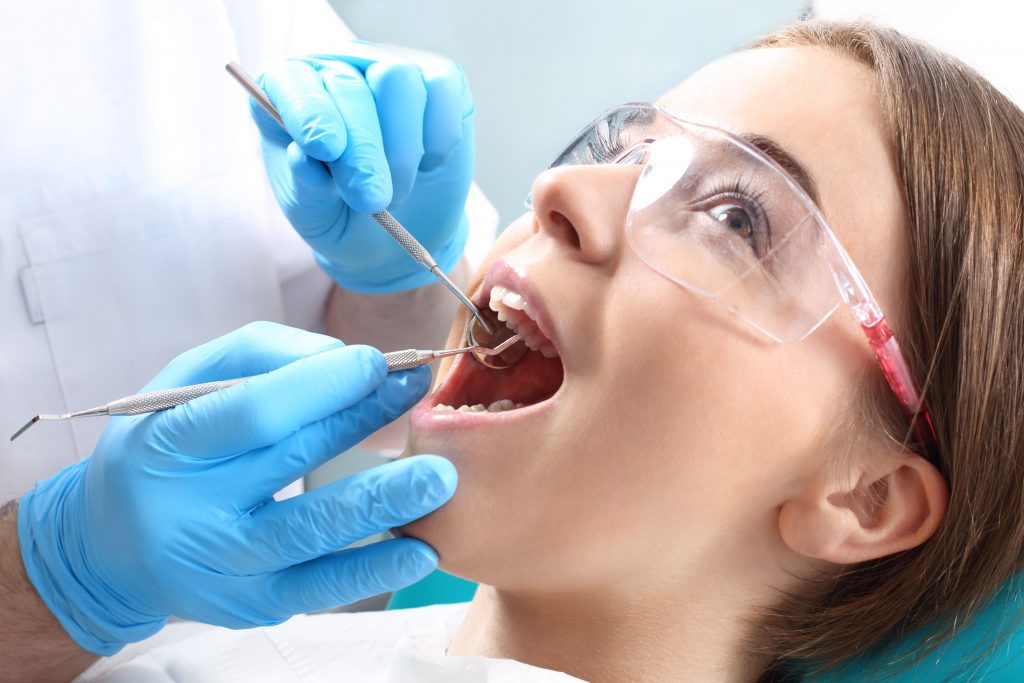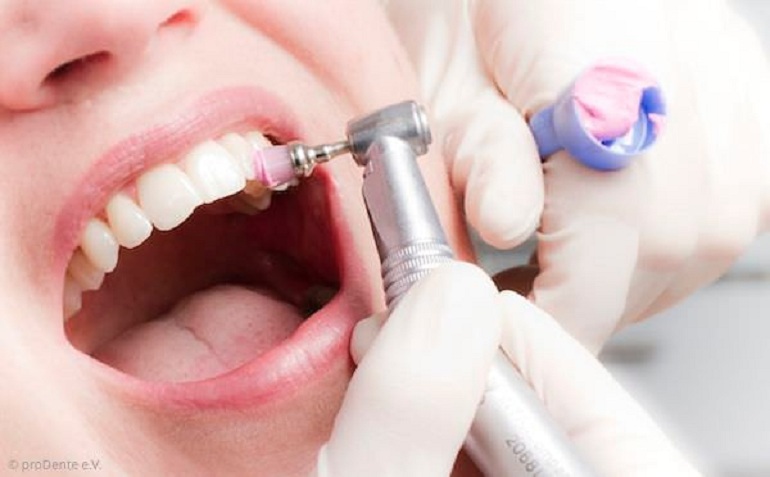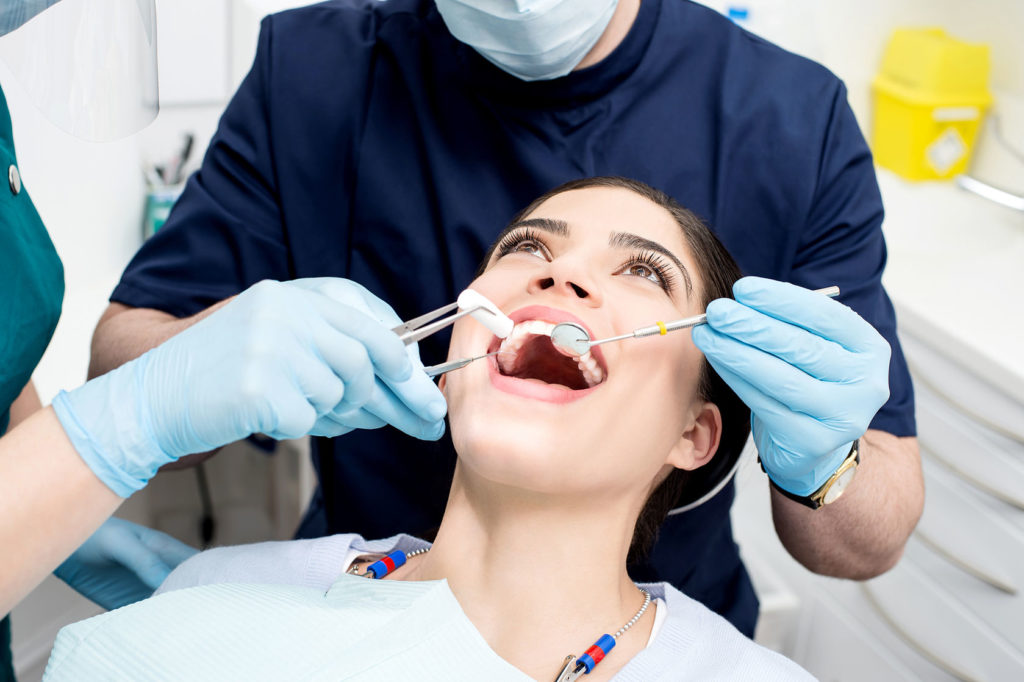The third molars are commonly called wisdom teeth because they erupt in the mouth later than all the other teeth. They usually appear between the ages of 17 and 25, but more often than not, these late bloomers can end up causing a great deal of pain, swelling, and irritation. In the United States, approximately 10 million third molars are extracted every year. 59% of patients are advised to undergo extraction of the wisdom tooth due to various reasons.
So, why do these teeth cause so many problems?
Why do you need to have them removed?
Why do Wisdom Teeth Require Extraction?

Third molars generally tend to cause a lot of issues whether they erupt completely into the mouth or not. Developmentally, their function has become obsolete over the generations, and there is no pressing need to save them. If your doctor has advised that your third molar should be removed, it would most likely be due to one of the following reasons.
-
Recurrent Pericoronitis:

Pericoronitis is an infection and inflammation of the gum tissue that surrounds a tooth in the early stages of the eruption.
Acute pericoronitis is normal during tooth eruption. It generally lasts for just a few days and can usually be combated with good oral hygiene, use of mouthwash and interdental cleaning. If the pain is intense, it is safe to take a painkiller.
In case of recurrent acute pericoronitis, it is necessary to go ahead with an extraction procedure as it can quickly turn into a systemic infection that may even require hospitalization.
Chronic pericoronitis may present as mild swelling and pain that may be on and off over a period. In such cases, it is always ideal to remove the third molar as a permanent solution rather than to take antibiotics or painkillers intermittently.
-
Dental Caries:

On account of its awkward positioning at the back of the mouth, it is not always easy to maintain proper hygiene of the wisdom tooth. Moreover, these teeth are often tilted at an angle making it even harder for the toothbrush to reach. This will ultimately result in food particles getting stuck here, leading to decay and cavities that may even affect the neighboring teeth.
-
Impacted Teeth:

In most people, once the entire set of teeth has erupted, there is very little room for the four third molars. Thus, the wisdom teeth very often become “trapped” beneath the gums or partially erupt and cease to proceed further. Impacted teeth may be asymptomatic but are very likely to become infected in the future. Some of the signs and symptoms of impaction include:
- Gum swelling, bleeding or tenderness
- Swelling or pain of the associated side of the jaw
- Limited mouth opening
- Bad breath or a bad taste in the mouth
Impacted teeth are more prone to gum disease, dental caries and even cysts or tumors associated with the developing tooth sac.
A dental x-ray or OPG will confirm the position of the impacted third molar beneath the gum line and make it easier for the surgeon to determine the best course of treatment for your particular condition.
Thus, it is quite clear that it is always better to remove a troublesome wisdom tooth. This will prevent issues in the future and maintain your gums and other teeth in good condition.
Much Ado About a Wisdom Tooth
Patients tend to be fearful of dental procedures, especially tooth extraction. In some cases, a tooth that may appear perfectly healthy or one that is not even visible on the surface may cause a lot of problems. Third molars do not serve any important functions in the mouth. Deferring a much-needed wisdom tooth removal can increase the complexity of the procedure in the future. It is best to bite the bullet and give the go-ahead for the extraction at the earliest to ensure a fast and easy post-surgical recovery.
If you’re looking for a good doctor for wisdom teeth removal in Orange County, Dr. Farshidi is the right choice for you. As an experienced oral and maxillofacial surgeon, he will put you at ease and ensure a safe and smooth procedure.



